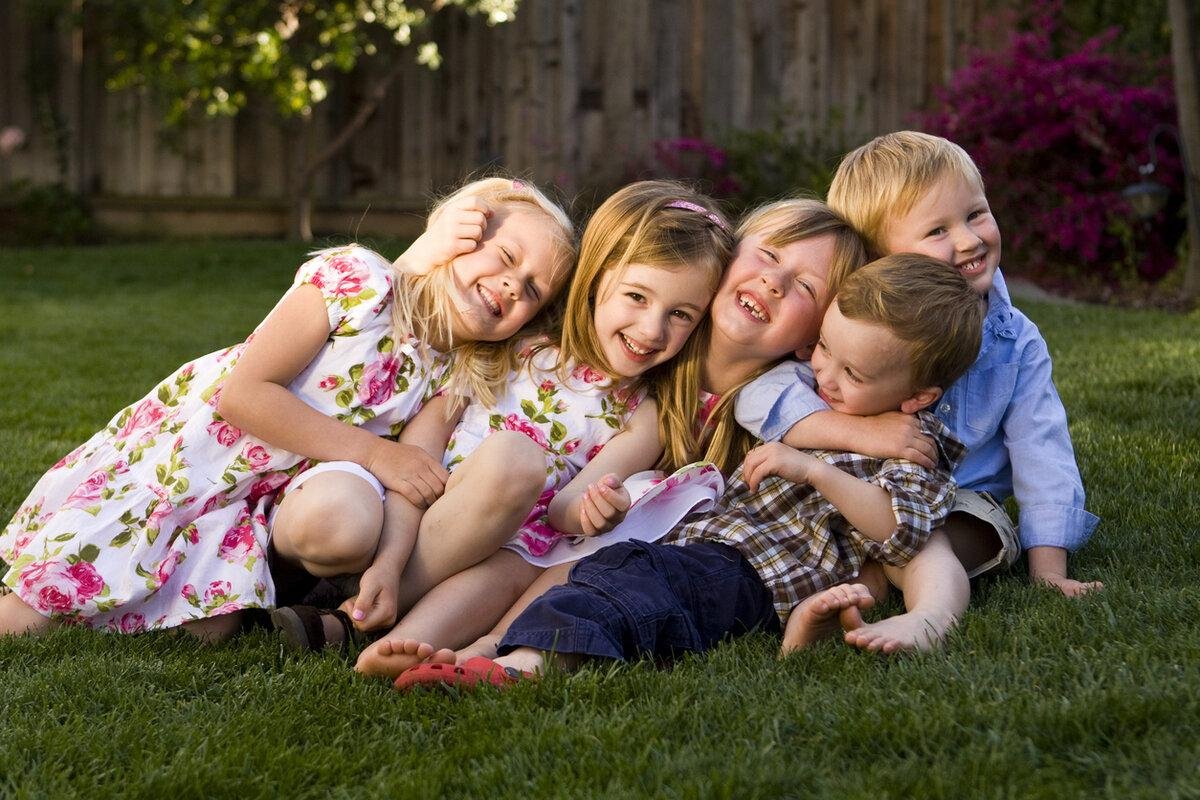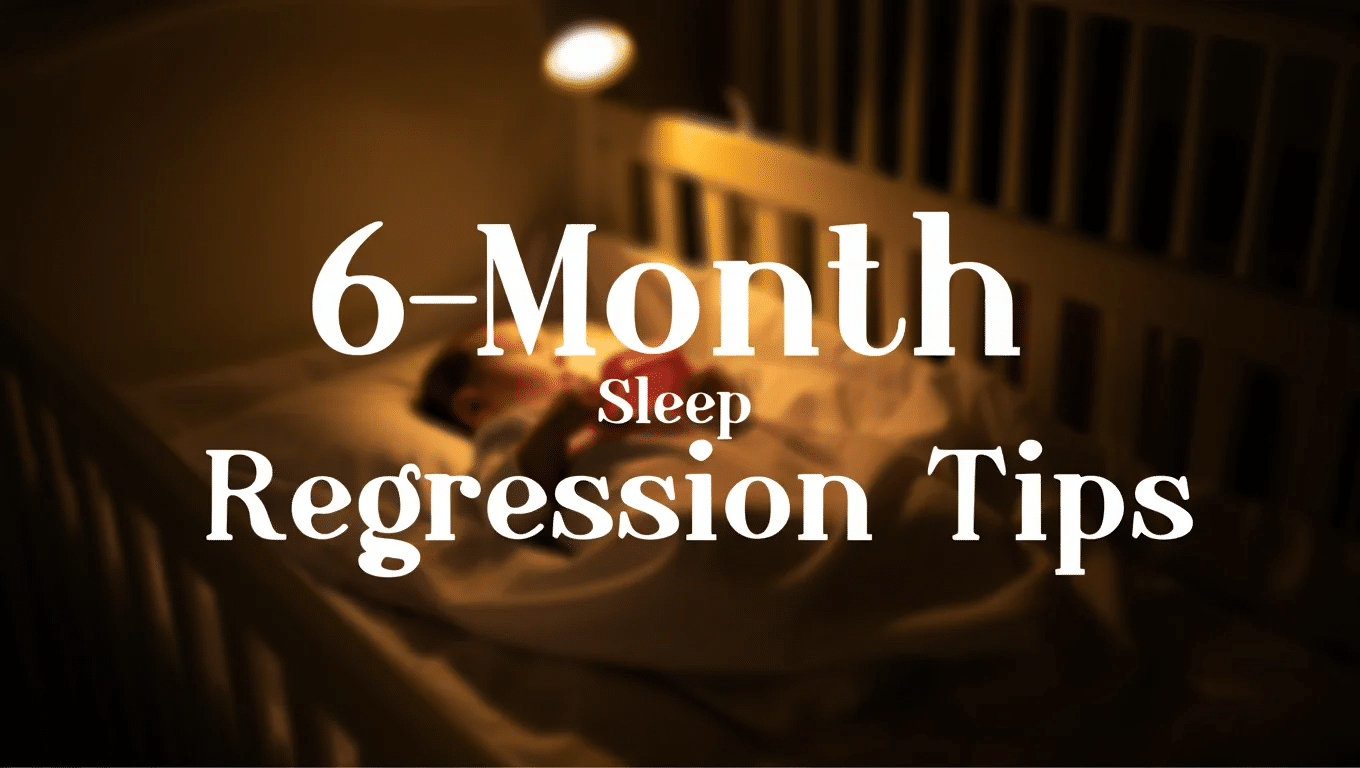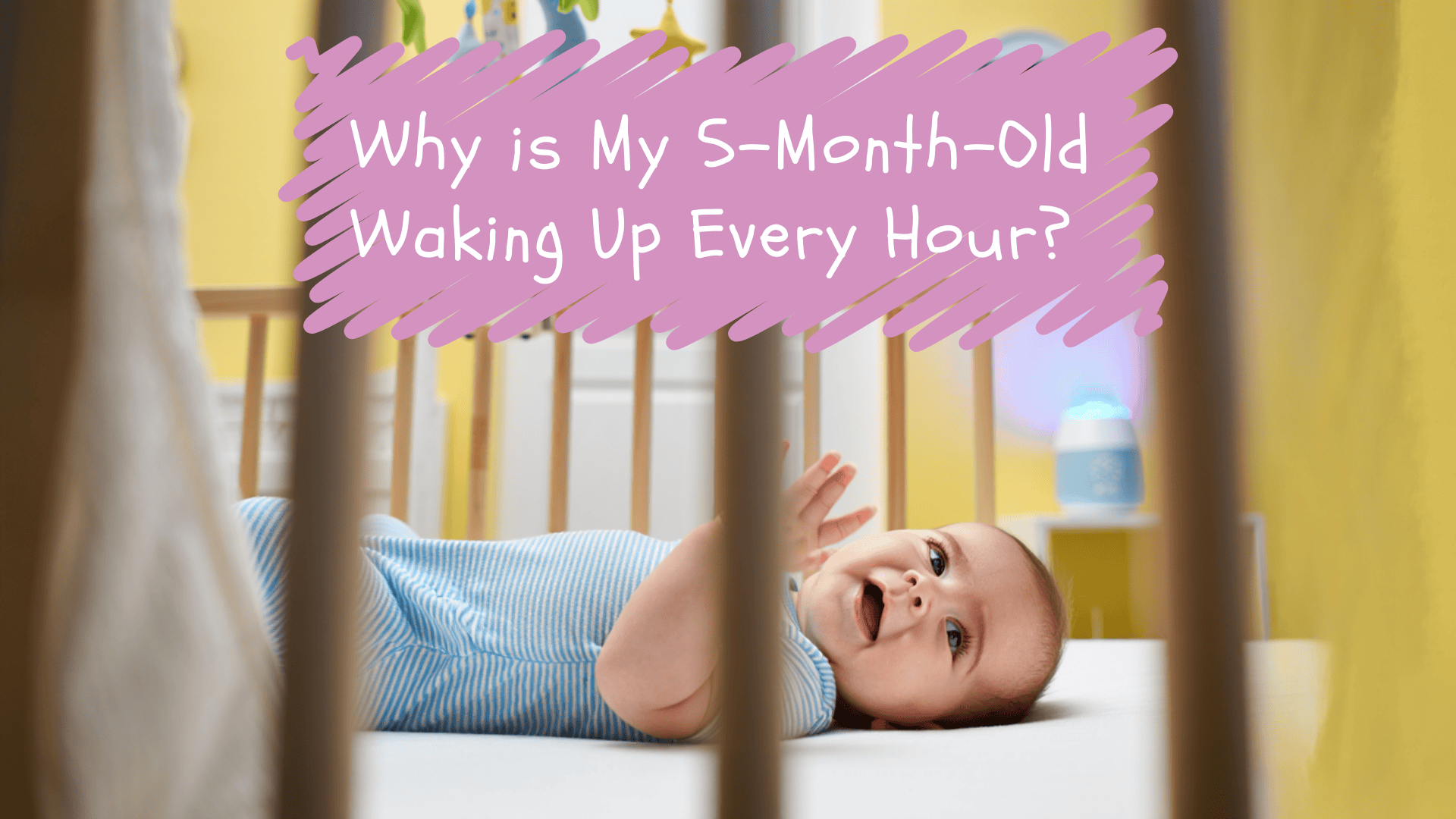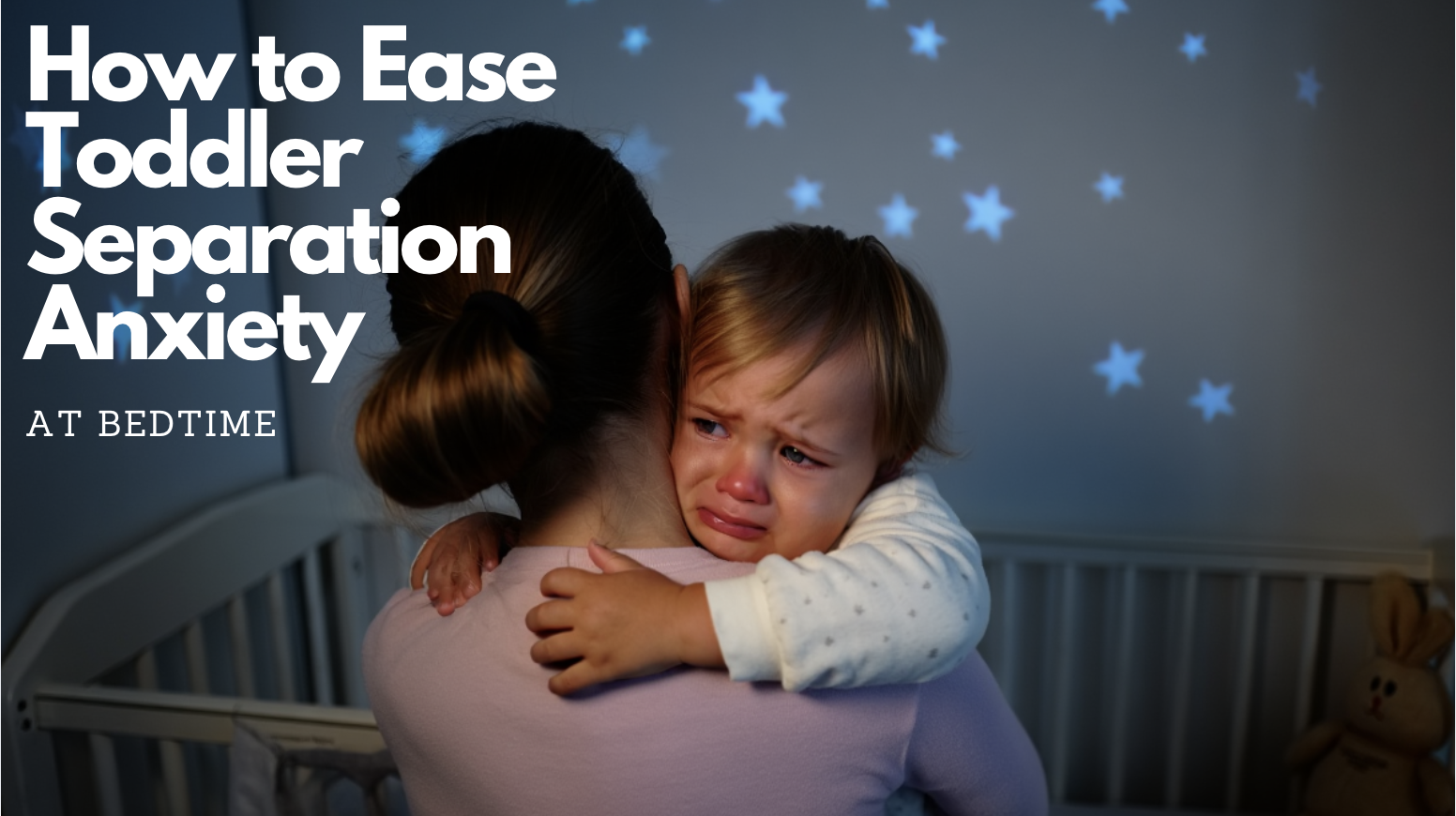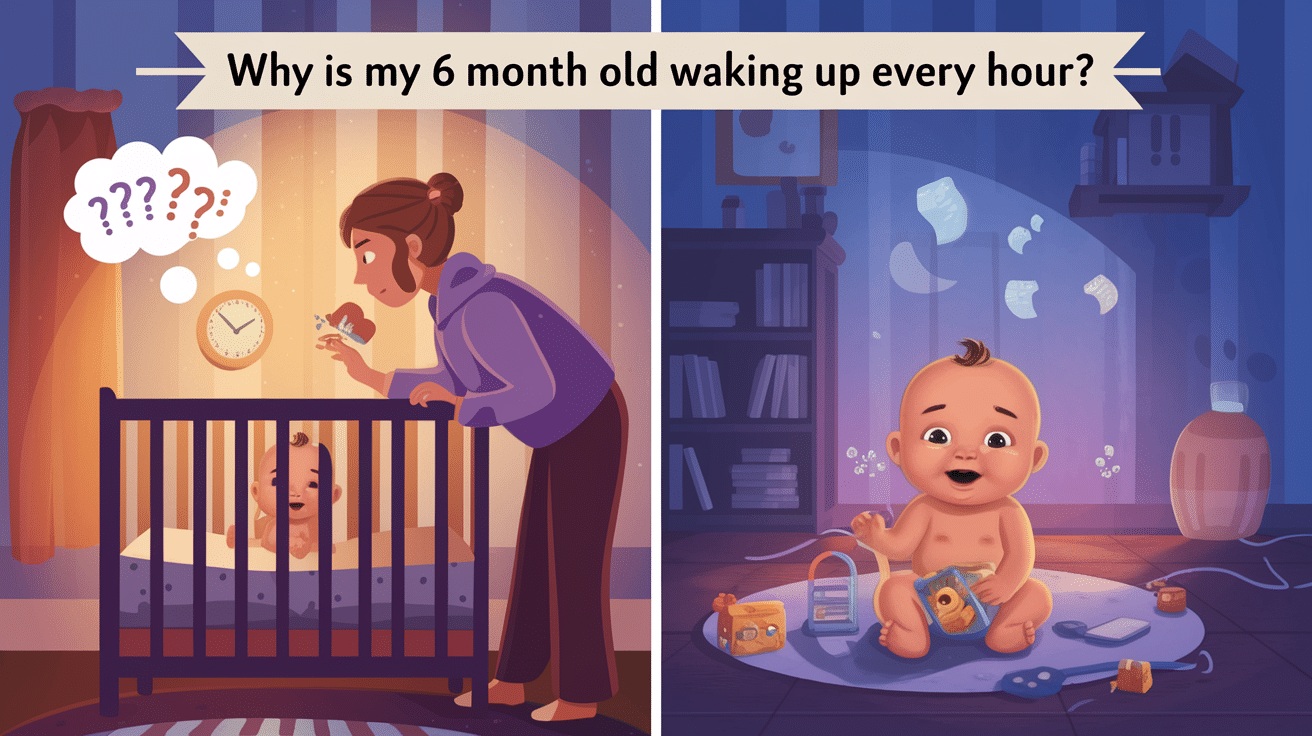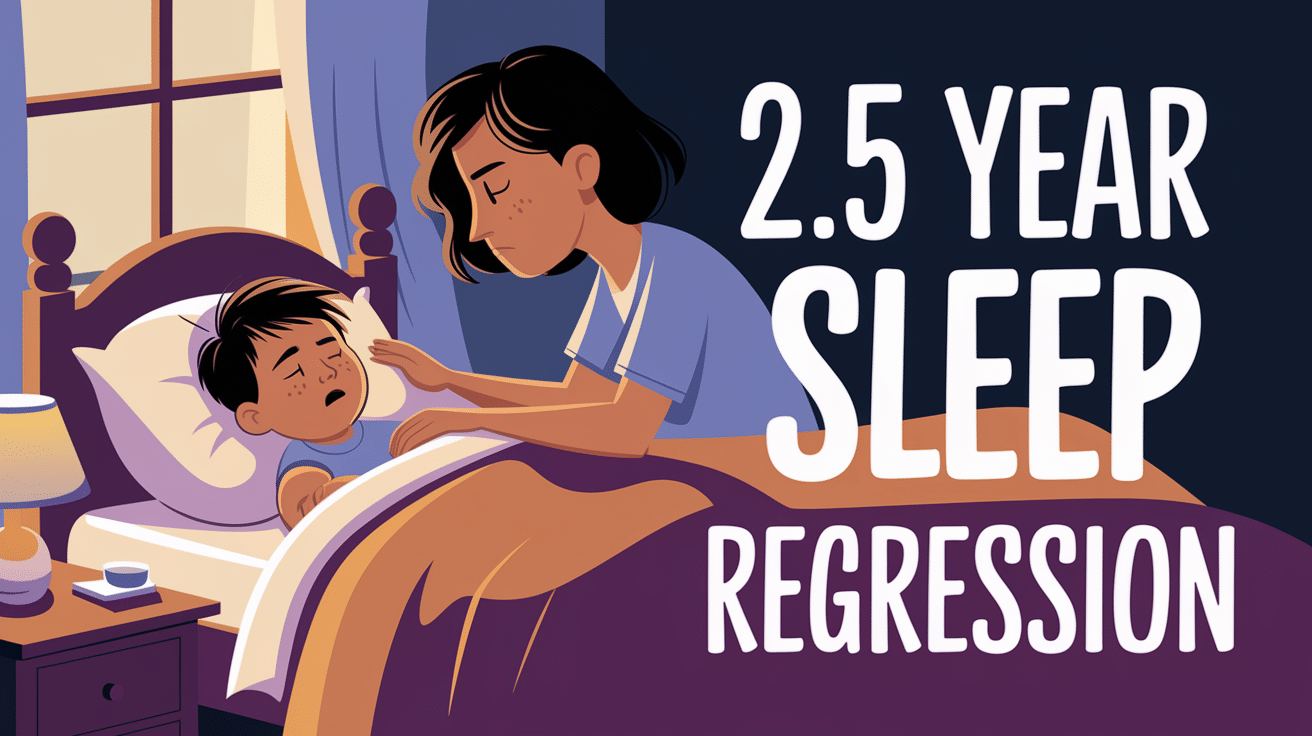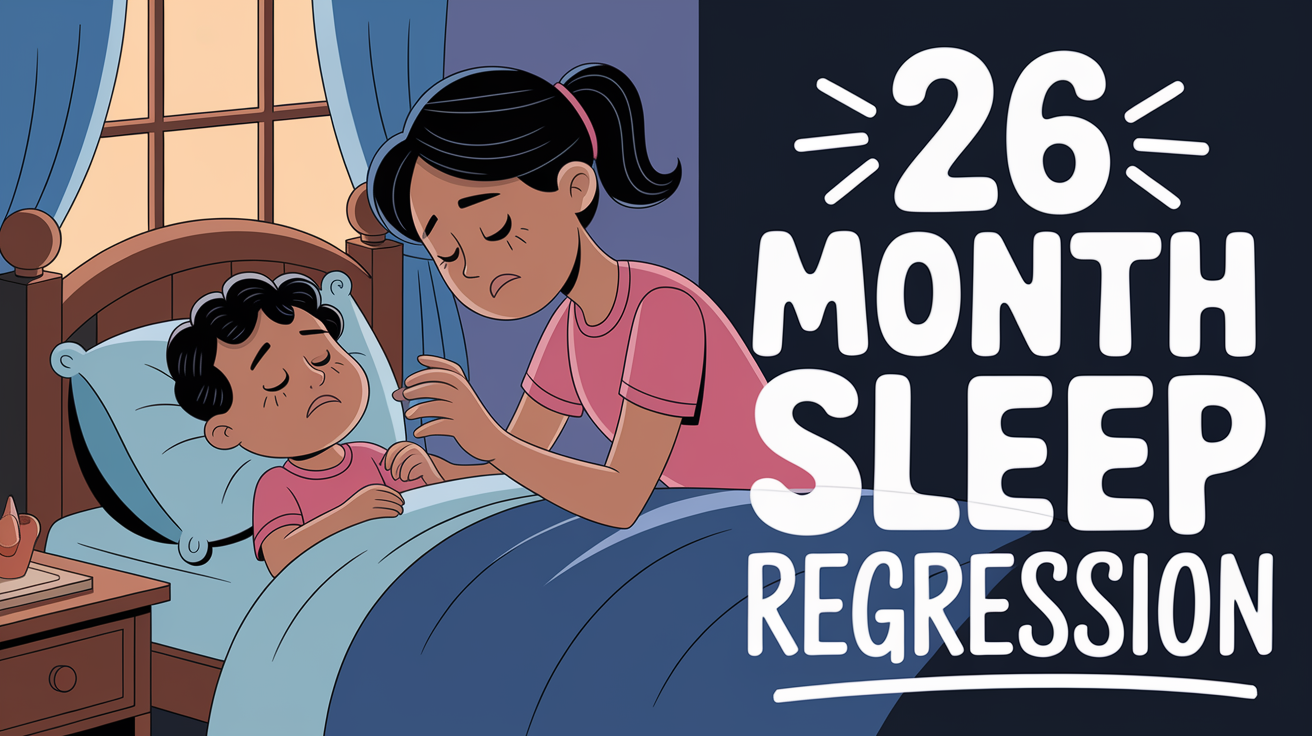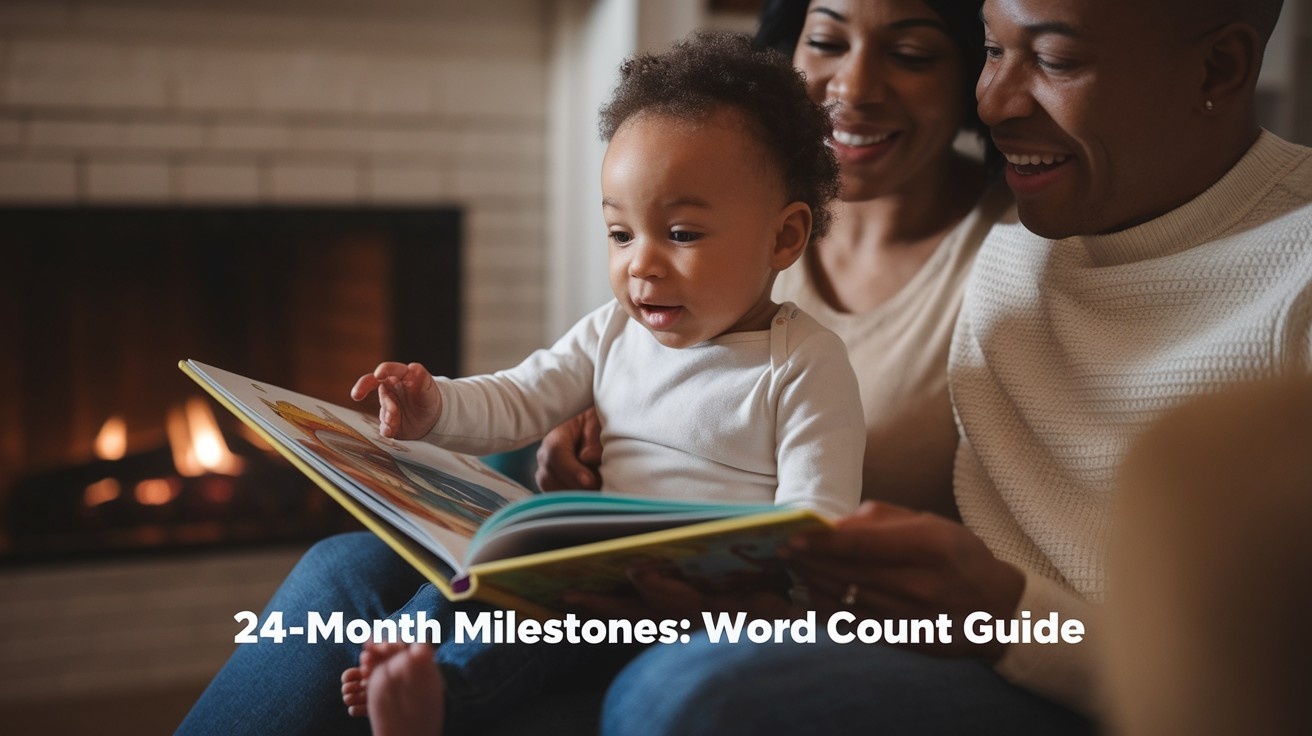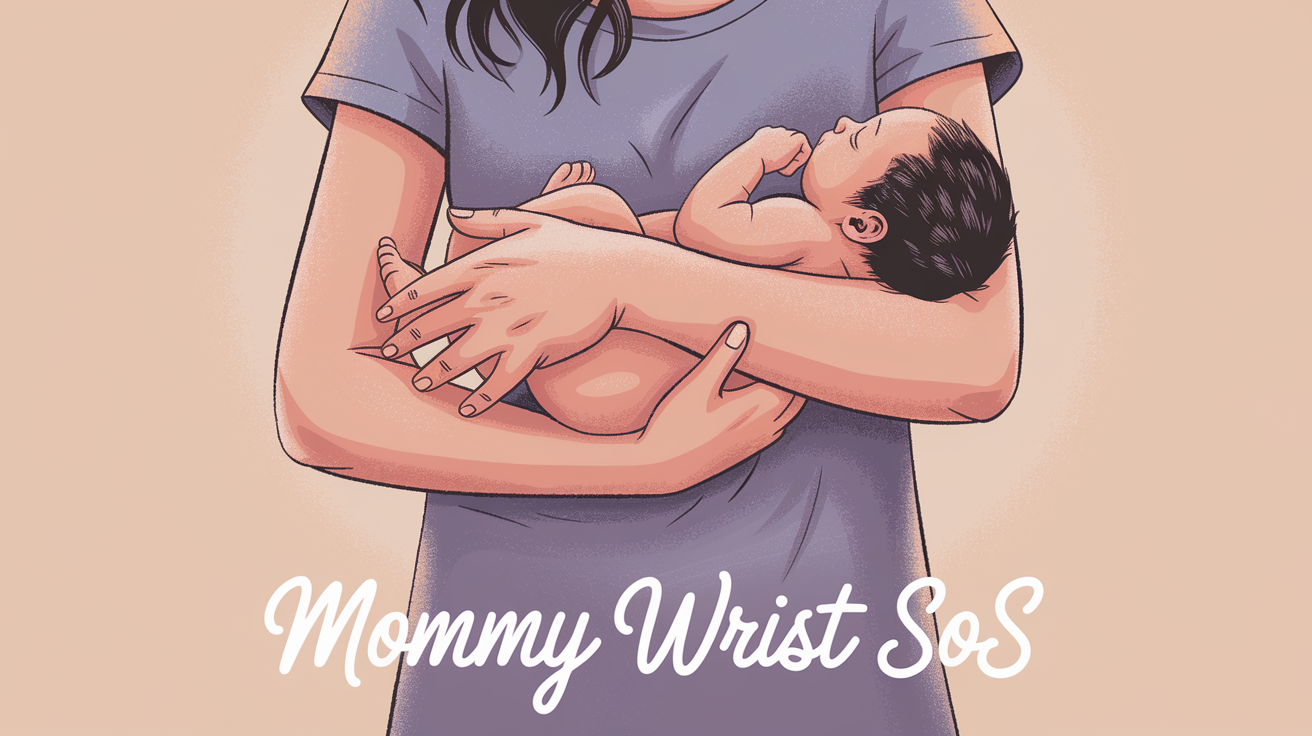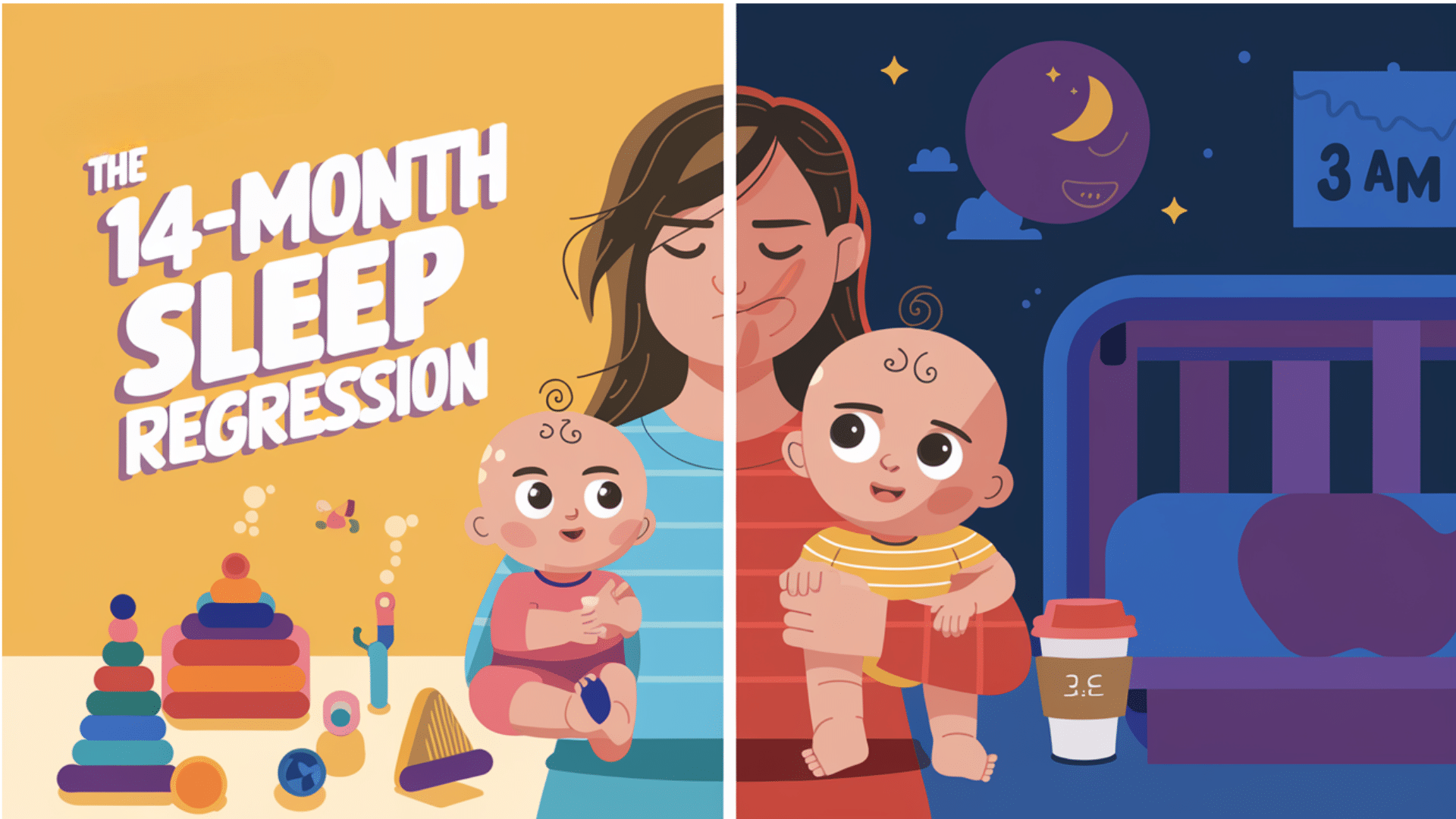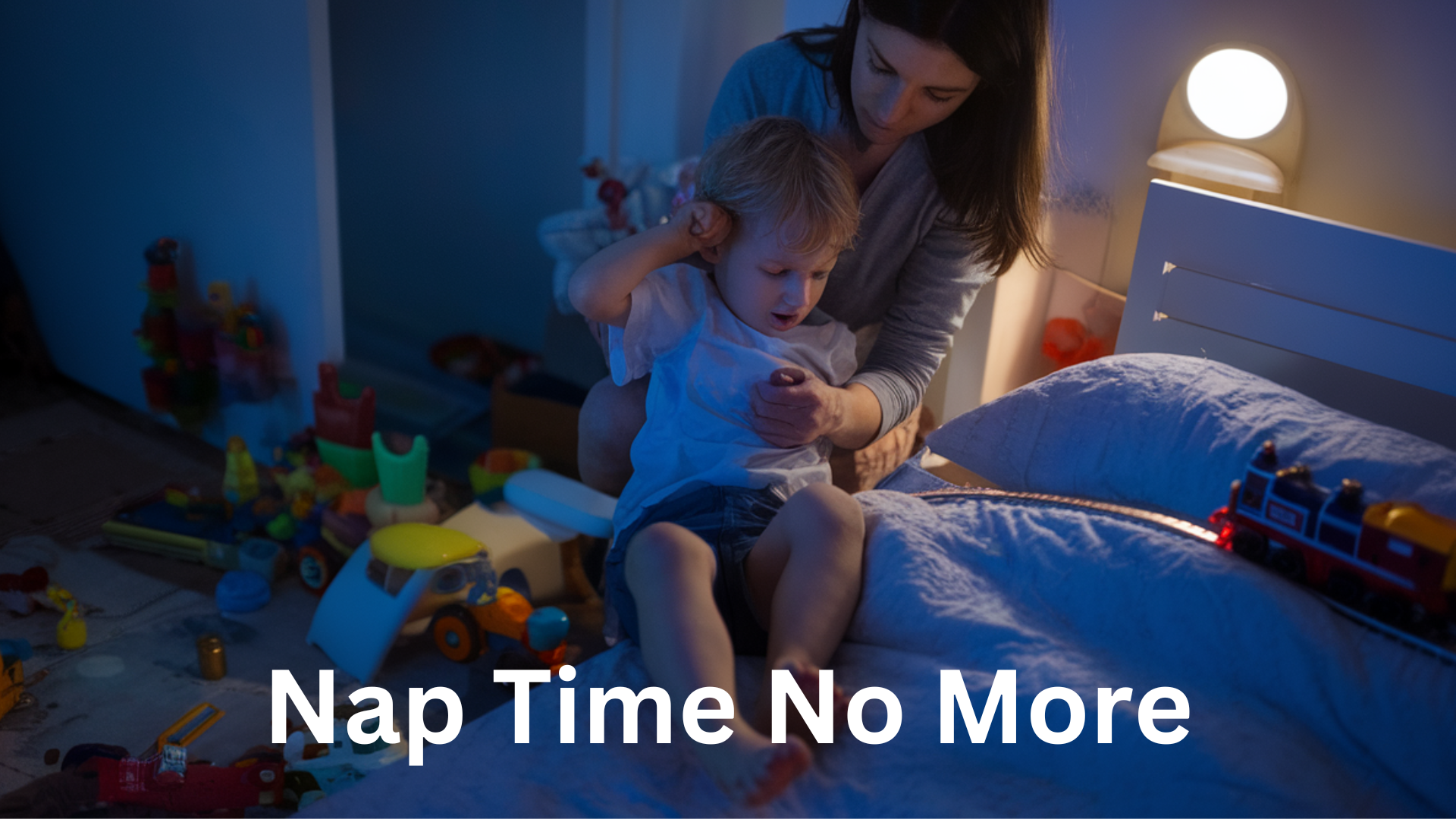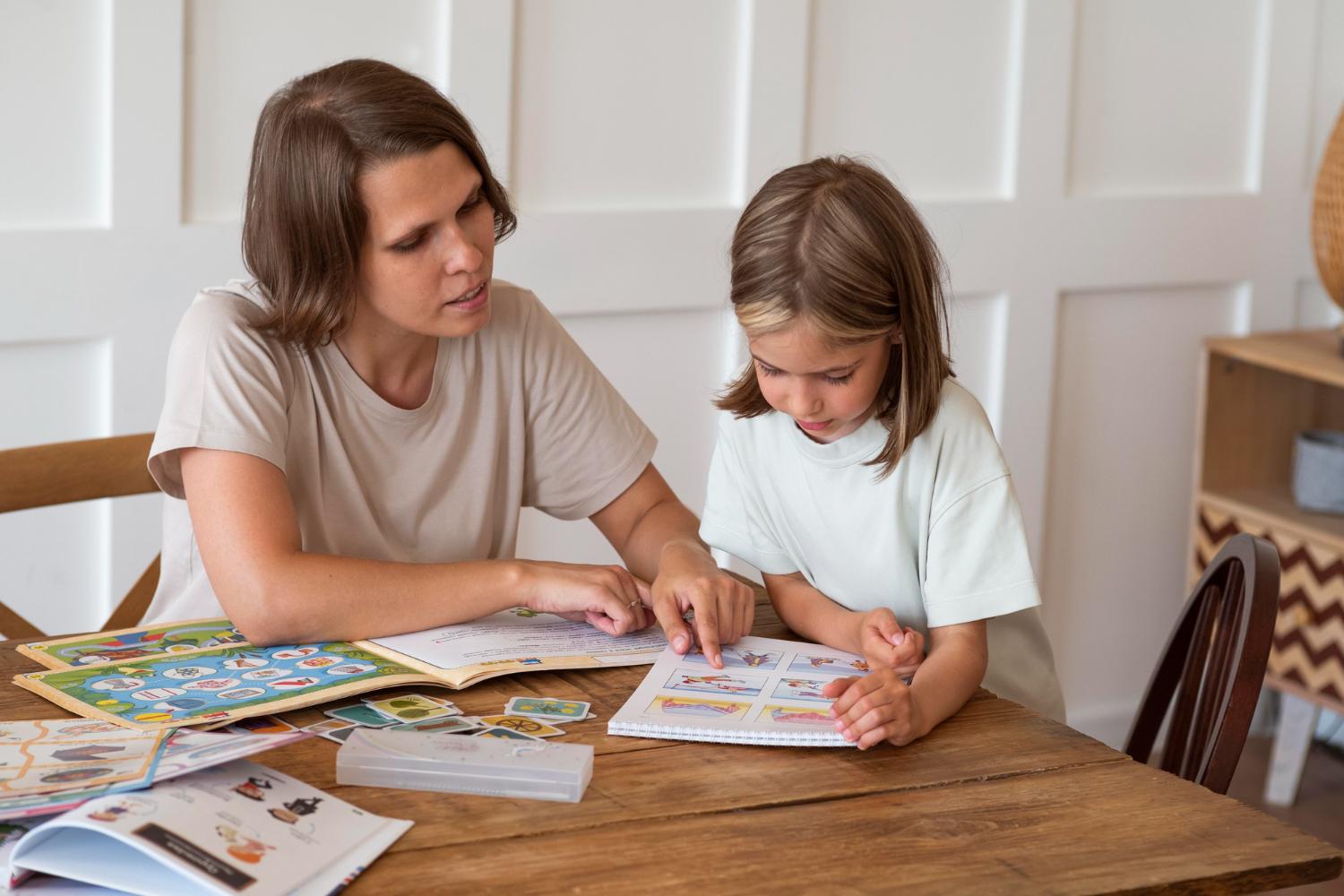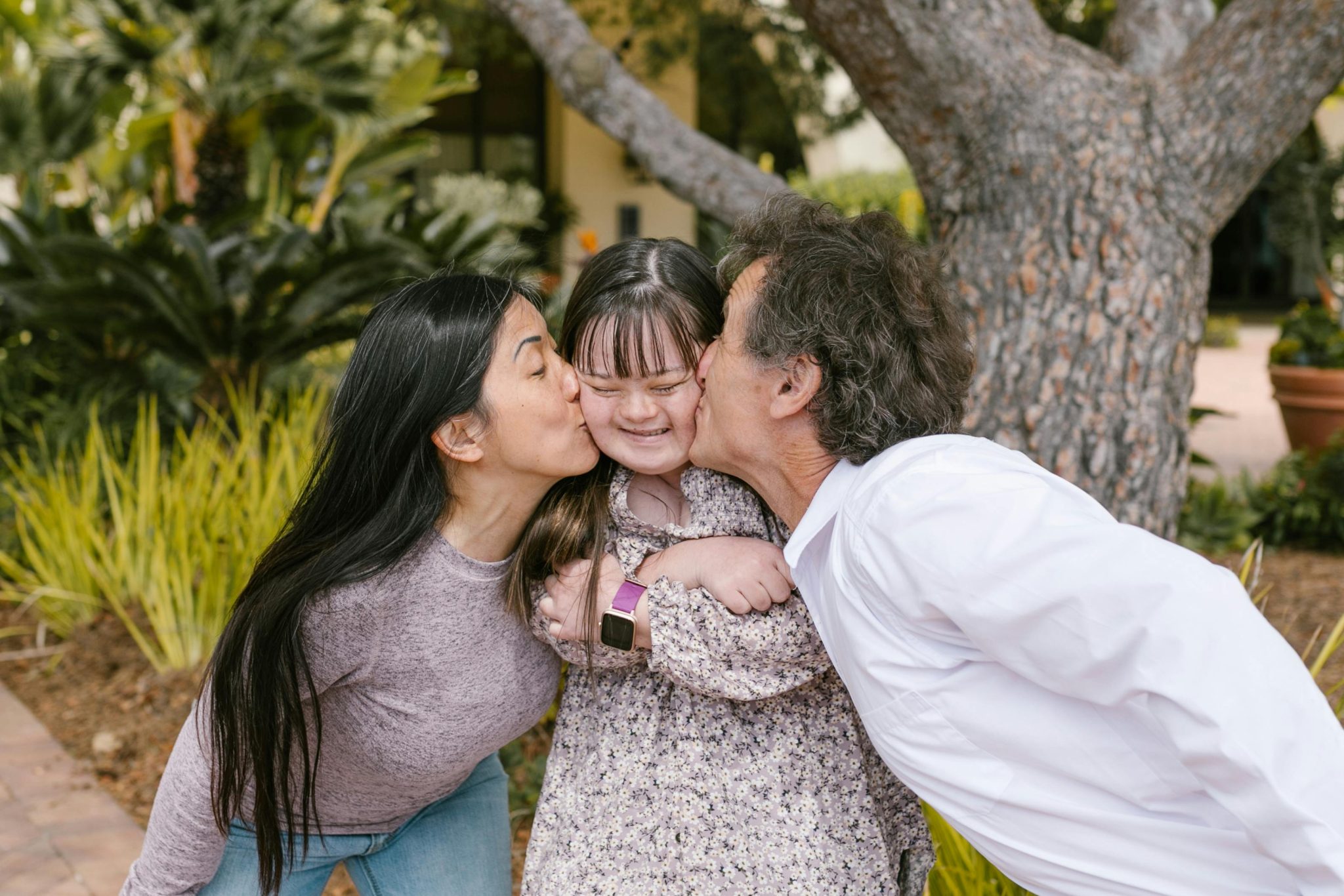
Parenting isn’t easy, especially in a world where parents feel pressured to micromanage every aspect of their children’s lives. We all want to nurture confident, self-reliant kids, but sometimes the challenge lies in knowing how to step back and let them learn.
If you’ve ever worried about over-parenting or felt unsure about how to help your child become independent, you’re not alone. Many parents grapple with these same concerns.
The good news? There’s no shortage of expert advice on the subject. Parenting books can provide a roadmap, offering tried-and-true methods for raising children who are not just happy, but resilient and capable.
Below, we’ve rounded up some of the best Parenting Books to help you foster confidence and independence in your child, with practical insights and real-world strategies that you can start using right away.
1. Raising Mentally Strong Kids by Dr. Charles Fay
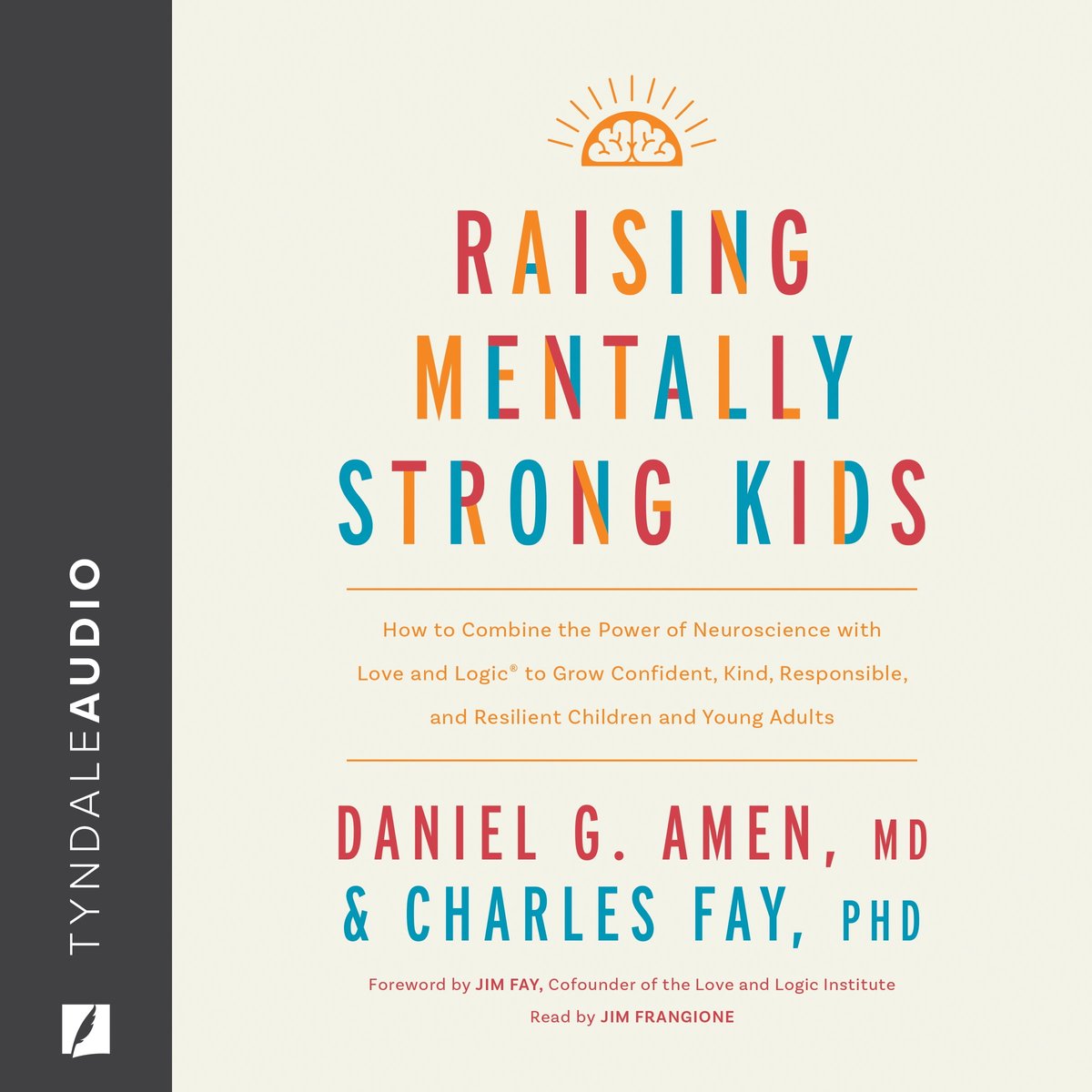
Mental strength is one of the greatest gifts you can give your child, and this book by Dr. Charles Fay provides a clear framework to help parents do just that. Raising Mentally Strong Kids delves into practical, everyday techniques that allow children to build emotional resilience, which is crucial in today’s fast-paced, often overwhelming world.
The key idea here is teaching children to solve their own problems and face challenges head-on. Dr. Fay explains how to let kids experience natural consequences in a supportive environment, helping them to grow from their mistakes rather than being shielded from them. This approach not only fosters independence but also helps kids develop the mental toughness they need to navigate life’s inevitable bumps in the road.
Aligned with the Love and Logic principles, this book emphasizes empathy, choice, and responsibility—critical ingredients in raising self-sufficient and confident children. If you want to encourage your child to handle adversity with grace and resilience, this book is an invaluable resource.
2. Love and Logic Magic for Early Childhood by Charles Fay and Jim Fay
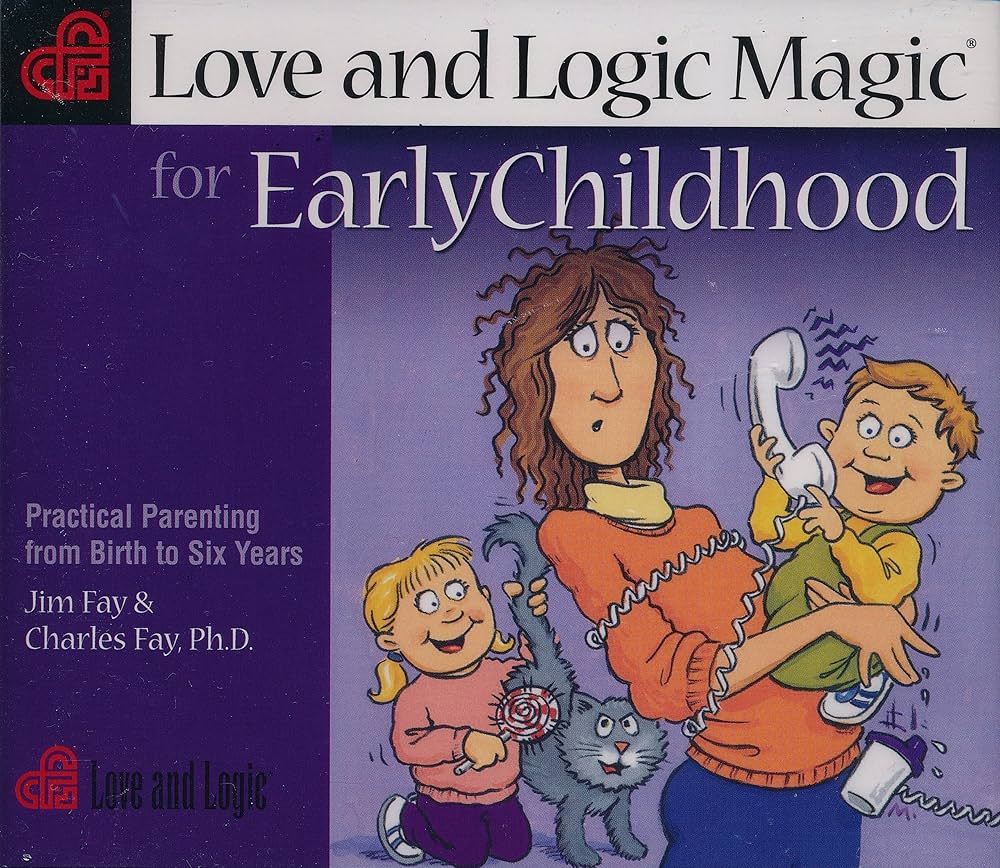
Dealing with toddlers and preschoolers can feel like an endless cycle of tantrums, power struggles, and sleepless nights. For parents of young children, Love and Logic Magic for Early Childhood is a lifeline. Charles and Jim Fay guide parents through the tricky toddler years, offering practical strategies to foster independence right from the start.
What sets this book apart is its focus on giving children choices. The Love and Logic approach emphasizes allowing children to make decisions within reasonable boundaries, helping them learn to navigate the world on their own while still feeling supported. This not only builds confidence but also reduces those daily battles over minor things like bedtime or what to wear.
The authors also stress the importance of empathy in parenting—responding to misbehavior with kindness and calm instead of anger. This method promotes a positive atmosphere where kids feel safe to explore their independence without fear of punishment or harsh judgment.
3. From Bad Grades to a Great Life! by Dr. Charles Fay
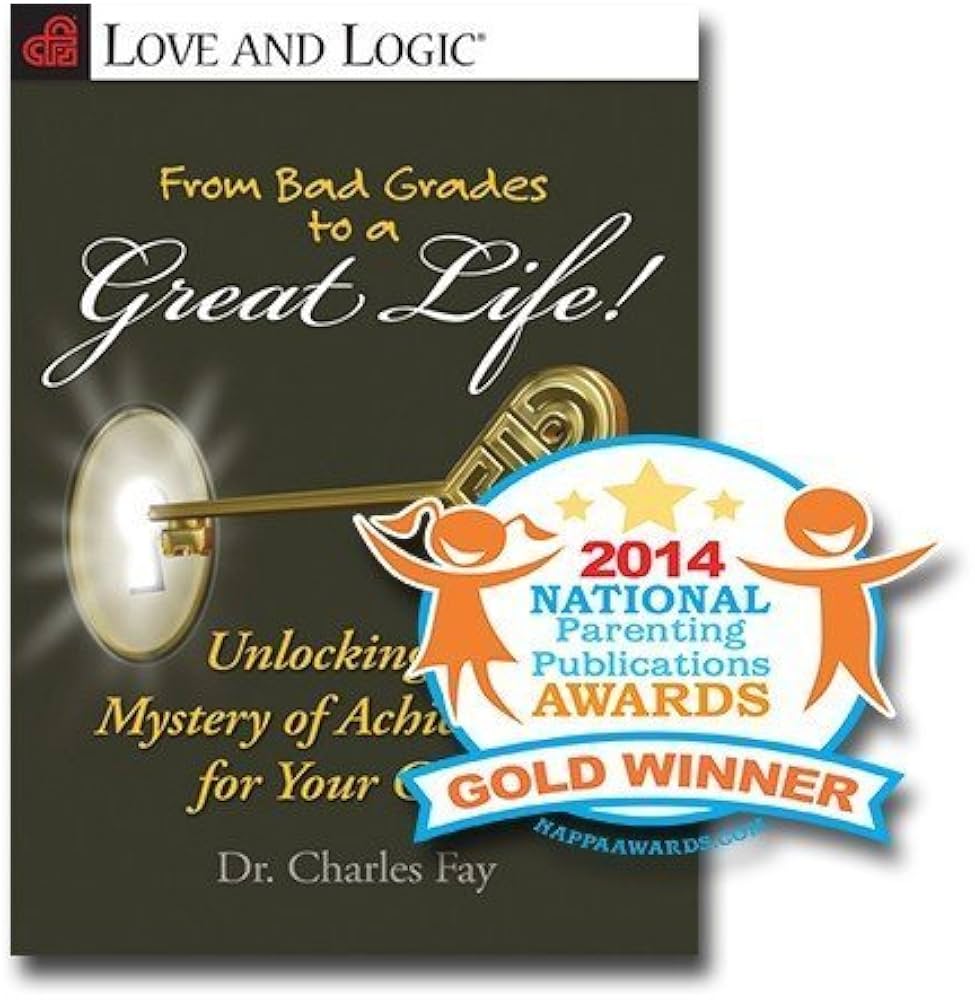
It’s easy to panic when your child comes home with poor grades, but as Dr. Charles Fay explains in From Bad Grades to a Great Life!, academic struggles don’t define your child’s future. Instead of focusing solely on grades, this book encourages parents to look at the bigger picture—developing the character traits that will truly set their children up for success in life.
Fay’s approach focuses on fostering curiosity, grit, and responsibility rather than pressuring kids to excel academically at all costs. It’s about teaching children that it’s okay to make mistakes, and that perseverance and a willingness to learn are more valuable than a perfect report card.
By following the Love and Logic principles, parents can help their children overcome setbacks and become more resilient, all while reducing the stress and anxiety that often come with school performance.
4. Stepparenting: Keeping It Sane by Dr. Charles Fay
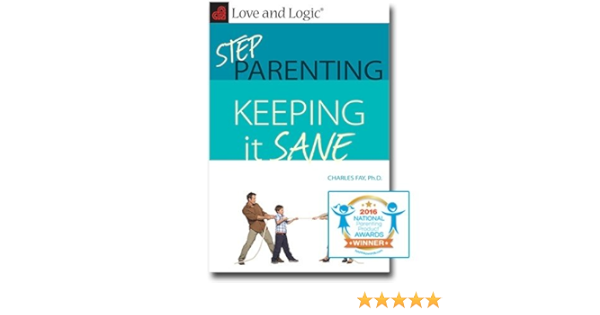
Blending families is no easy feat, and stepparents often find themselves caught in the middle of trying to build relationships with their stepchildren while maintaining their own sanity. Stepparenting: Keeping It Sane is a guide that helps stepparents navigate the unique challenges of blended family life, offering strategies for fostering strong, healthy relationships with stepchildren.
In this book, Dr. Fay provides practical advice for stepparents who are trying to establish authority, earn respect, and create a harmonious household.
By using empathy and allowing children the freedom to make their own choices within clear boundaries, this book shows how stepparents can foster independence and self-confidence in their stepchildren, all while maintaining their own peace of mind.
5. How to Discipline Kids Without Losing Their Love and Respect by Dr. Charles Fay
Disciplining kids can be tricky—especially when you want to do it in a way that builds them up rather than tearing them down. In How to Discipline Kids Without Losing Their Love and Respect, Dr. Charles Fay shows parents how to guide their children through discipline without damaging the parent-child relationship.
This book is packed with strategies for setting limits and enforcing consequences, but always with empathy and respect at the forefront. Fay emphasizes that discipline isn’t about control or punishment—it’s about teaching children the skills they need to become responsible, independent adults.
The Love and Logic philosophy shines through in this guide, which advocates for allowing children to make mistakes in a safe environment, helping them learn and grow without fear of losing their parents’ love.
Frequently Asked Questions
1. How can parenting books help foster independence in children?
Parenting books offer research-based strategies and practical tips that guide parents in allowing their children to explore the world and make their own choices while still providing a safe, supportive environment. By using these tools, parents can encourage their kids to develop confidence and resilience.
2. What’s a good book for raising toddlers to be more independent?
Love and Logic Magic for Early Childhood is a fantastic resource for parents of toddlers and preschoolers. It offers simple strategies for giving kids choices and setting boundaries, all while fostering independence from a young age.
3. Can parenting books help with school struggles?
Absolutely. Books like From Bad Grades to a Great Life! provide a refreshing perspective on academic challenges, focusing on long-term success traits like perseverance and responsibility rather than just grades.
4. How do Love and Logic principles encourage independence?
Love and Logic is all about giving children the freedom to make choices and experience the consequences of those choices. This approach helps kids learn to think for themselves, solve problems, and build self-confidence—all essential for becoming independent.
5. What’s a good resource for step parents?
Stepparenting: Keeping It Sane offers practical advice for stepparents who are navigating the complexities of blended families, helping them build strong relationships with stepchildren while fostering independence and respect.
Final Thoughts
Parenting is a journey, and every child is different. These books offer valuable insights into raising independent, confident children while helping you as a parent navigate the ups and downs along the way. Whether you’re dealing with tantrums, school struggles, or the unique challenges of being a stepparent, these resources provide practical tools to guide your kids toward becoming self-reliant, resilient adults.
Which of these books will you read first to help nurture your child’s independence?


